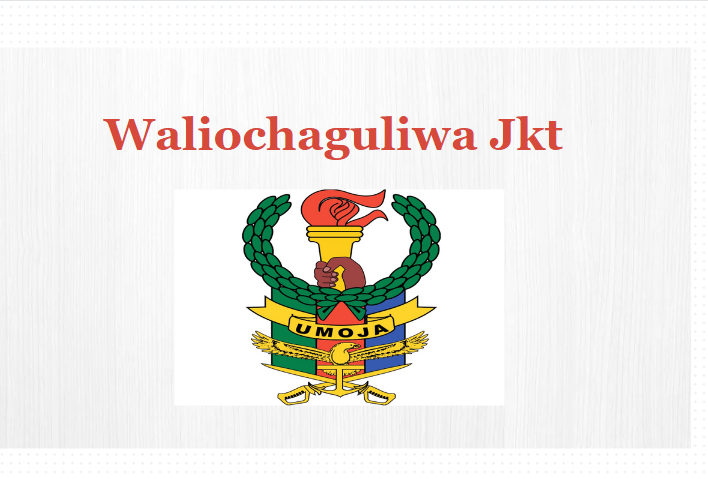UK to ban foreign state ownership of British newspapers, The UK government has announced plans to ban foreign state ownership of British newspapers and news magazines. This move comes after criticism of a proposed takeover of the Daily Telegraph and Spectator by a group backed by Abu Dhabi. The legislation is expected to give ministers the power to block future foreign state bids for UK media assets.
The proposed law is seen as a significant move that could scupper the planned £600m sale of the Telegraph. The government has said that the legislation would prevent foreign governments from owning UK newspapers and news magazines. The move has been welcomed by media industry experts, who have long argued that foreign state ownership of UK media assets poses a threat to the country’s national security.
The proposed legislation would give the government greater power to scrutinize and potentially block foreign state ownership of UK media assets. It is expected to be introduced in the near future, and could have a significant impact on the ownership of some of the UK’s largest media outlets.
Legislation Overview
Proposed Law
The UK government has announced its intention to back legislation that would ban foreign state ownership of British newspapers and magazines. This proposed law is designed to prevent foreign governments from exerting undue influence over British media outlets and to protect the country’s national security interests. The move comes after concerns were raised about a planned takeover of the Telegraph Media Group by a consortium led by the United Arab Emirates.
The proposed law would make it illegal for any foreign state to own, control, or influence a British newspaper or magazine. It is expected to be introduced in Parliament soon, and if passed, it would have significant implications for the media industry in the UK.
Implications for Foreign Ownership
If the proposed law is passed, it would have significant implications for foreign ownership of British newspapers and magazines. Any foreign state that currently owns or controls a British media outlet would be forced to divest its ownership or risk facing legal action.
The move is likely to be welcomed by those who are concerned about foreign governments exerting undue influence over the UK media. However, it may also have unintended consequences, such as discouraging foreign investment in the UK media industry.
Overall, the proposed law is a significant development in the ongoing debate about foreign ownership of British media outlets. It remains to be seen how it will be received by the media industry and whether it will achieve its intended objectives.
Impact and Reactions
The UK government’s decision to ban foreign state ownership of British newspapers has sparked a range of reactions from various stakeholders. In this section, we will explore the response of the media industry, international community, and public opinion.
Media Industry Response
The media industry has largely welcomed the move, with many seeing it as a necessary step to protect the independence and integrity of British media. The Society of Editors, a professional body representing editors in the UK, has described the ban as a “positive step” towards safeguarding press freedom. The News Media Association, which represents national, regional, and local news media outlets in the UK, has also expressed support for the ban, saying that it will help prevent undue influence on the media by foreign governments.
However, some media companies have expressed concerns that the ban could limit investment in the industry. The Telegraph Media Group, which is currently the subject of a takeover bid by a consortium led by the United Arab Emirates, has warned that the ban could have a “chilling effect” on foreign investment in the UK media sector.
International Perspective
The ban has also been met with mixed reactions from the international community. Some countries have expressed support for the move, with Australia’s Foreign Minister Marise Payne saying that it is “entirely reasonable” for countries to restrict foreign ownership of their media. However, others have criticized the ban as a restriction on free trade. The Chinese Foreign Ministry, for example, has called on the UK to “provide a fair, just, and non-discriminatory business environment” for Chinese companies.
Public Opinion
Public opinion on the ban is also divided. Some have praised the move as a necessary step to protect the independence of the press, while others have criticized it as a restriction on foreign investment. A survey conducted by YouGov found that 42% of Britons support the ban, while 30% oppose it. The remaining 28% said they were unsure.
Overall, the ban on foreign state ownership of British newspapers has sparked a range of reactions from various stakeholders, reflecting the complex nature of the issue. While some have praised it as a necessary step to protect the independence of the press, others have raised concerns about its potential impact on investment and free trade.
Also Read :
- US legislators cite India, clear bill to regulate Chinese app TikTok ownership
- Is Andy Cohen a Legitimate Businessman? Uncovering the Truth About His Bravo Ownership, Reviews, and Net Worth in 2024
- Brad Pitt wins latest round in battle over French vineyard with Angelina Jolie
- Who is Christen Harper? The truth about Jared Goff’s fiancée
- Is Immediate Bitwave A Scam: Check The Legitimacy And Opinie Of The Site

